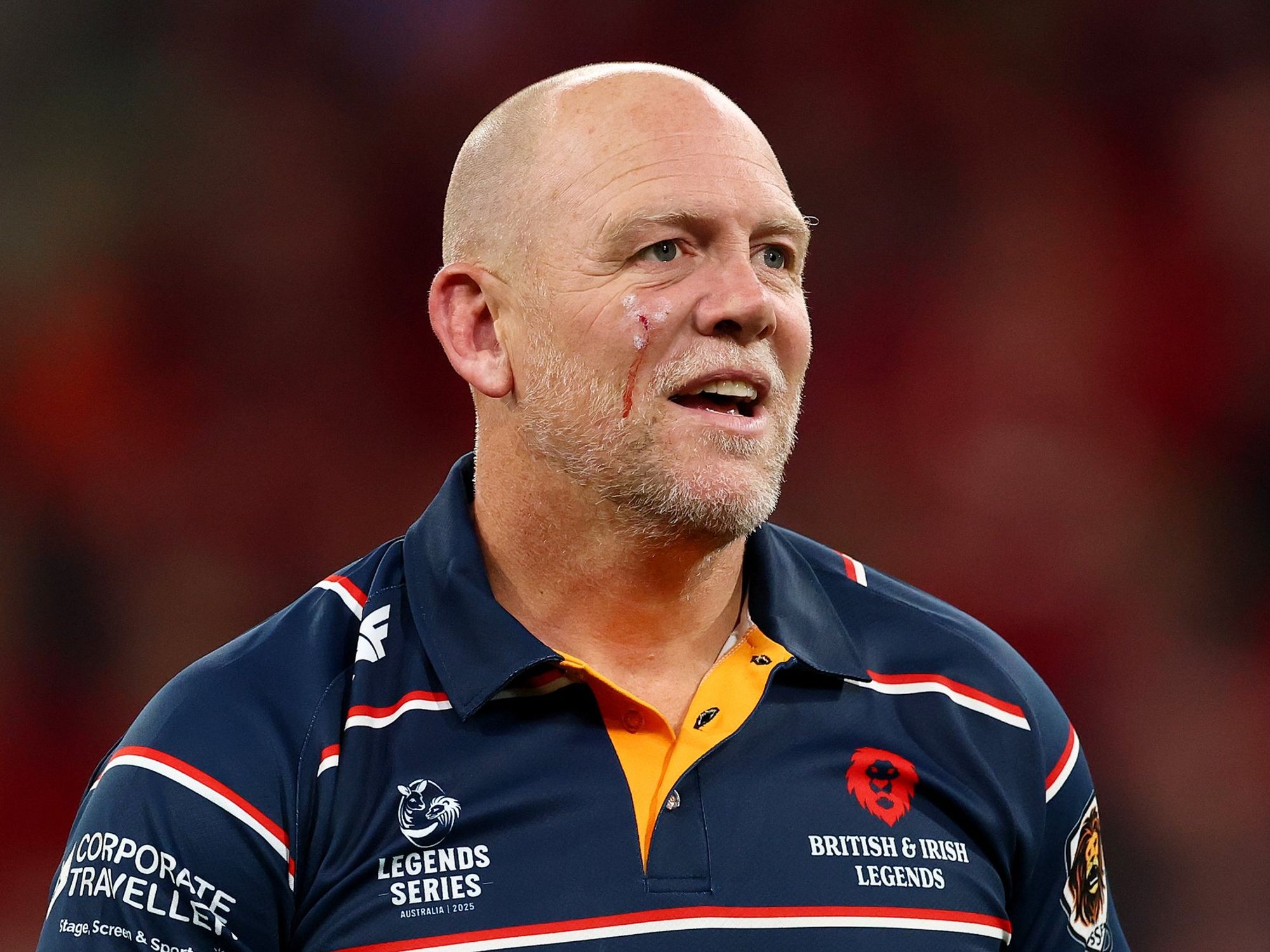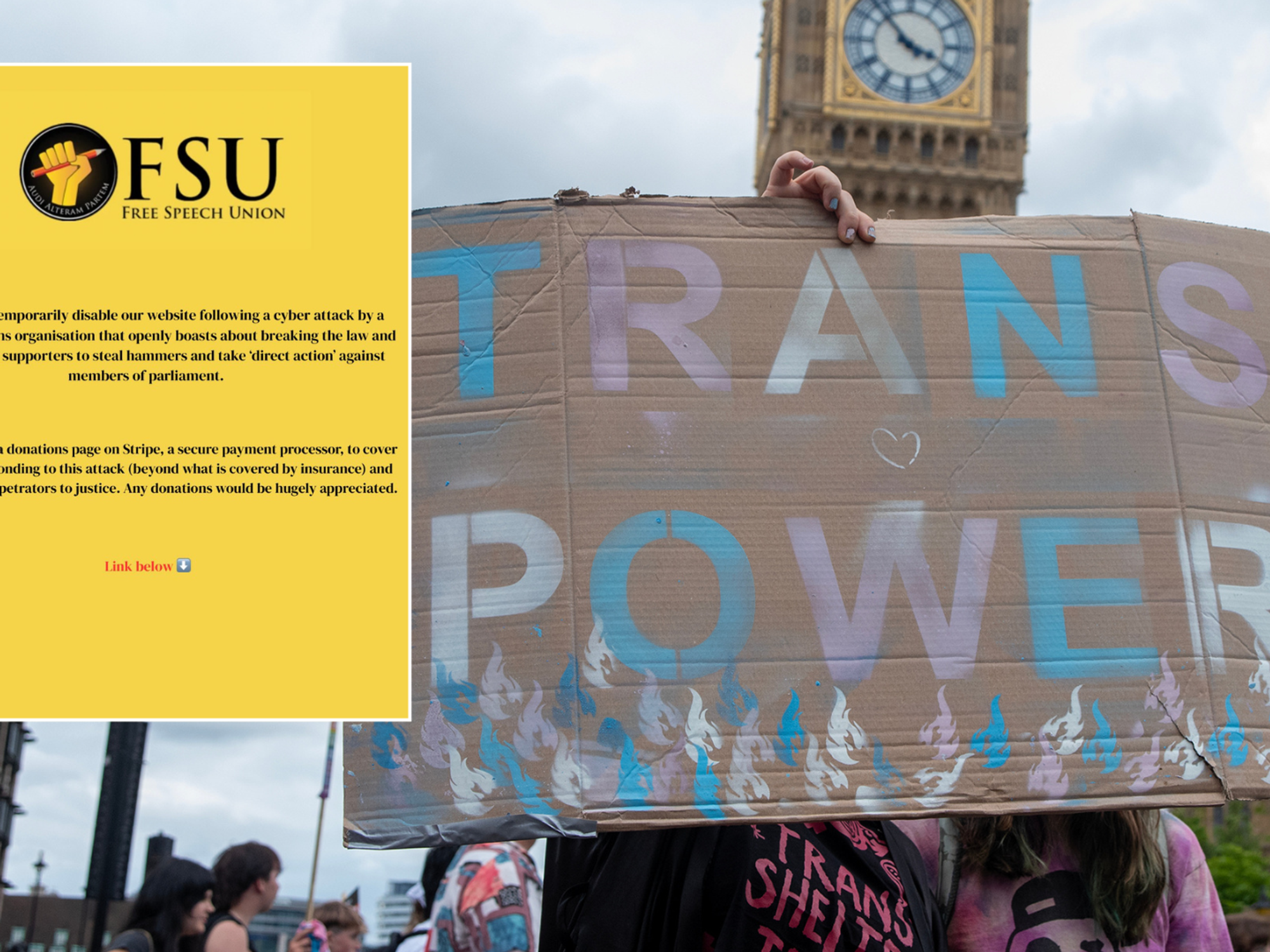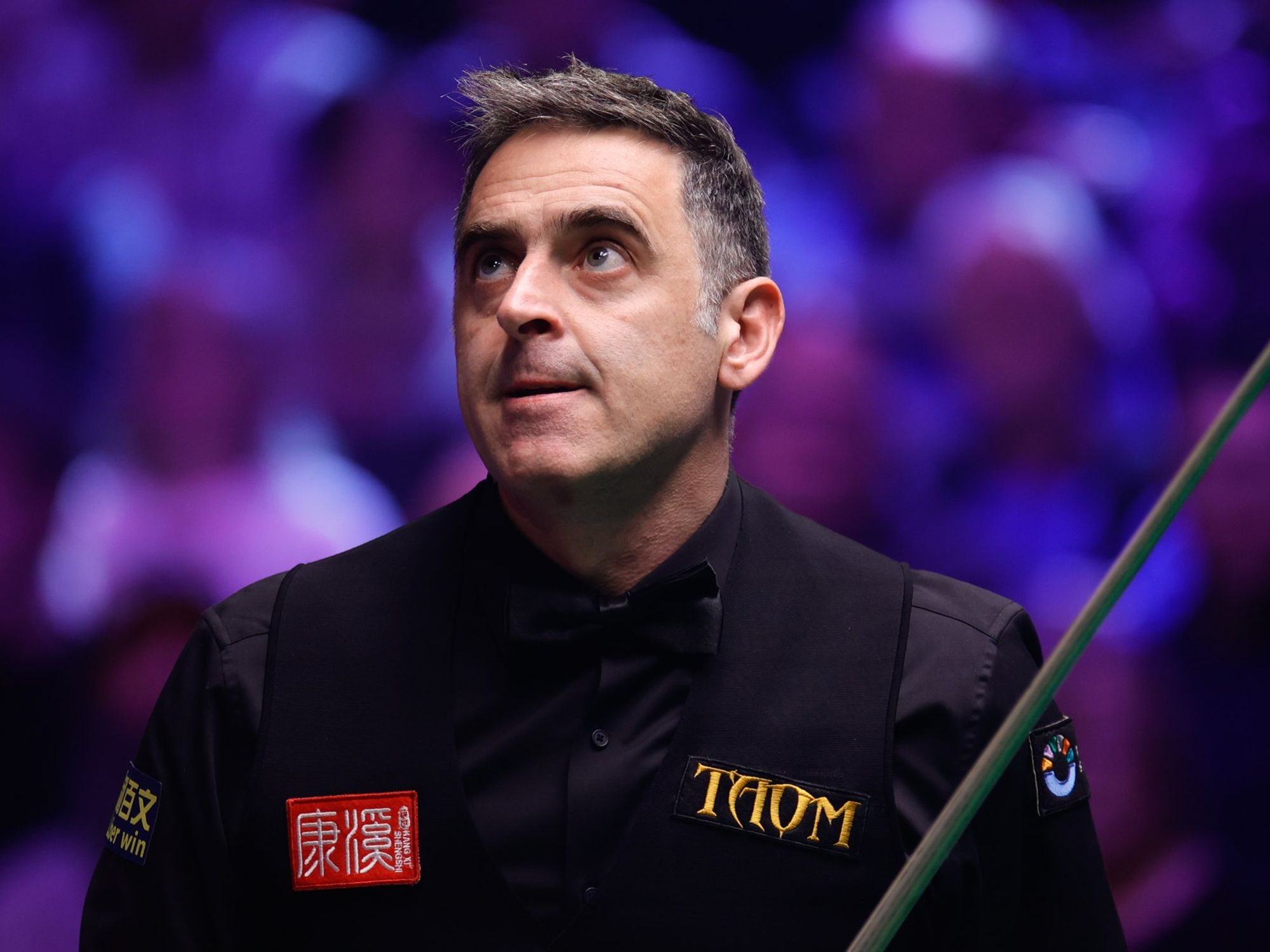New 2035 petrol and diesel car ban delay will see drivers fork out £10billion in extra fuel costs
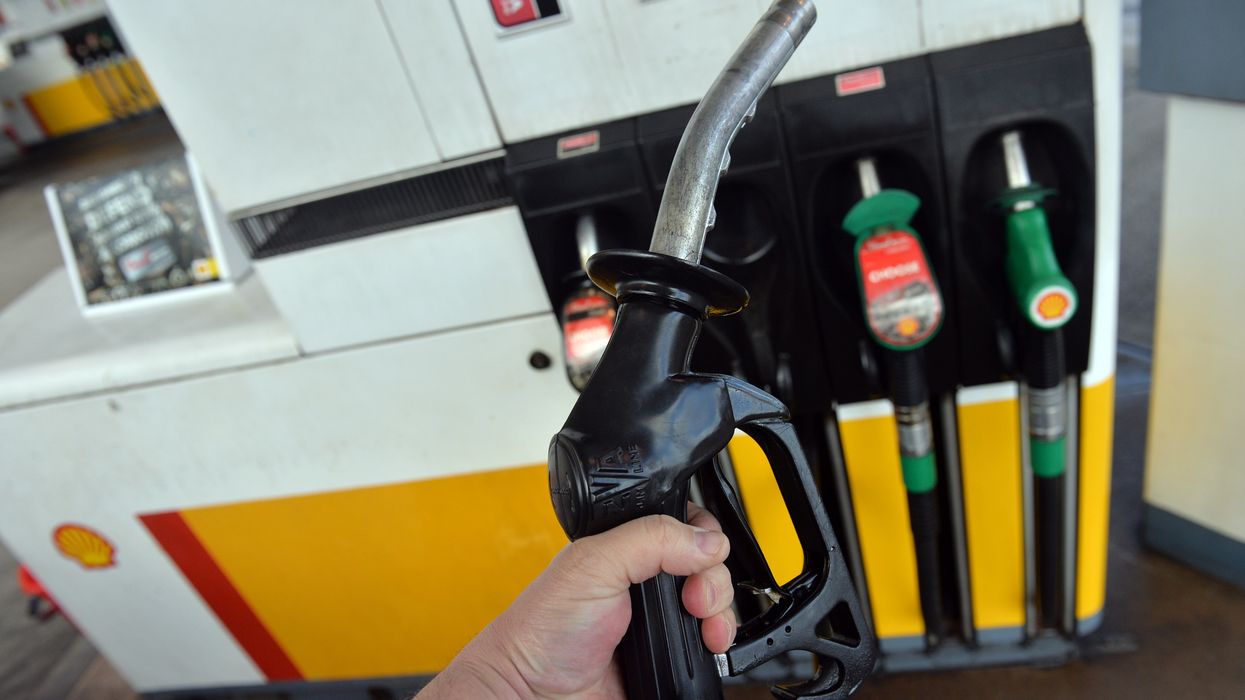
Estimates suggest around 400,000 petrol and diesel vehicles will still be on the road by 2050
|GETTY

Rishi Sunak announced the delay to the deadline in September during a speech on net zero policies
Don't Miss
Most Read
New research has suggested that the delay to quicken the rollout of electric vehicles could produce as much emissions as 200 million short-haul flights.
Rishi Sunak said this was being done to help the industry accelerate the rollout of EV charging infrastructure and allow the upfront cost of electric cars to fall.
He added that electric vehicles are already wildly popular, with a new EV being registered every 60 seconds, but said drivers should be able to choose, “not the Government forcing you to do it”.
WATCH NOW: Rishi Sunak on new electric car investment
New data has found that delaying the phase-out of internal combustion engine vehicles will result in the UK producing more than 35 million tonnes of additional greenhouse gases between 2030 and 2050.
Research from the transport research organisation found that the emissions are equivalent to the entire UK population taking three short-haul flights.
Pushing the deadline back five years to 2035 will also cost motorists between £6.5billion and £10billion extra to refuel “inefficient” petrol and diesel vehicles.
Drivers could pay an average of 15 to 25 per cent more on fuel under new plans, compared to what they would pay under the 2030 plan.
Estimates suggest around 400,000 more petrol and diesel vehicles will still be on the road by 2050.
Ben Nelmes, CEO of New AutoMotive, said it was “great” to see the Government pushing ahead with its Zero Emission Vehicle mandate, which is set to be introduced in January.
The organisation has long pushed for a California-style ZEV, having campaigned for the new rules for more than two years.
He added: “The policy will cut costs for motorists and extend consumer choice - and by giving policy stability, it will support expansion of the charging network, grid resilience and more secure supply chains.
“Indecision and delay are the parents of failure - delaying the transition to electric cars and vans will deter consumers and disrupt business confidence.
“Rather than relying on miracle technologies or costly scrappage schemes to encourage owners to give up polluting vehicles, it would be cheaper and greener to reinstate the sensible and achievable target of ending sales of petrol and diesel cars by 2030.”
New AutoMotive claim that restoring the 2030 deadline would reduce the UK’s demand for oil by an amount equal to all the additional supply which the UK expects to extract, refine and consume between now and 2050 under the new North Sea licences.
Speaking at the time of the ban announcement, Rishi Sunak said the UK’s car industry needed to be strengthened to downplay the reliance on countries like China.
He added: “You'll still be able to buy petrol and diesel cars and vans until 2035. Even after that, you'll still be able to buy and sell them secondhand.”
Labour has vowed to reinstate the 2030 ban if they win the next election, according to shadow business secretary Jonathan Reynolds.
LATEST DEVELOPMENTS:
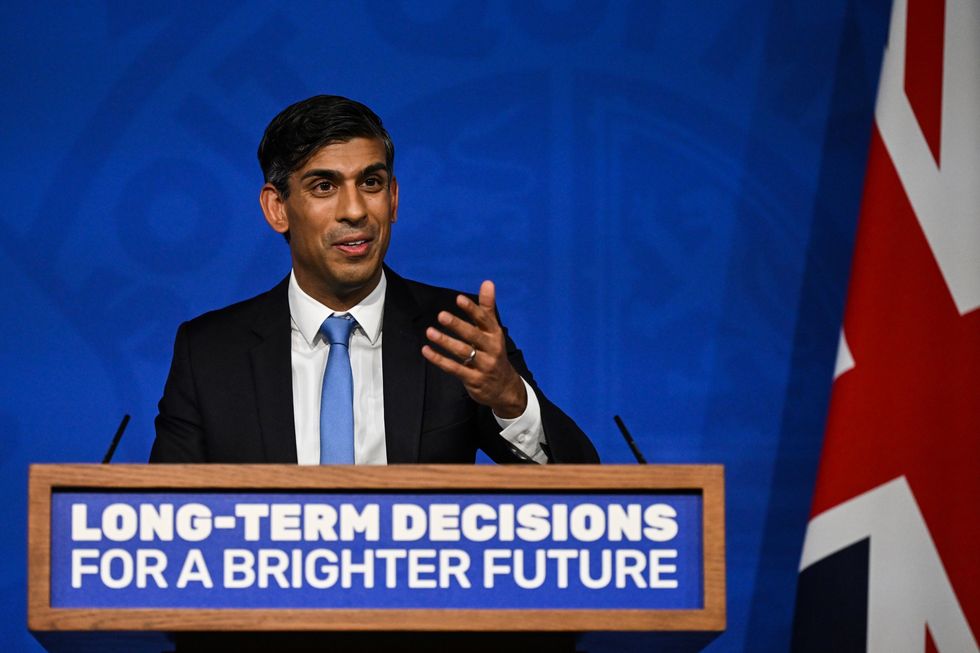
Rishi Sunak delivering his net zero speech in September
|PA
The MP for Stalybridge and Hyde said a reversal would restore “certainty” for the car industry, adding that the Conservatives had left car manufacturers in limbo with the net zero delay.





